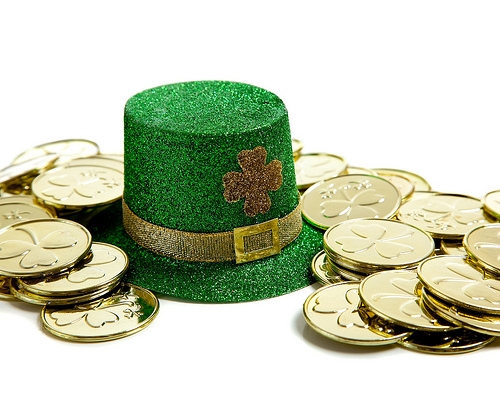Women’s Medications and Dry Mouth
March 20th, 2019

Women using medication to treat a variety of medical conditions are often unaware of the potential side effects. One common side effect of medications such as blood pressure medication, birth control pills, antidepressants, and cancer treatments is dry mouth. The technical term for dry mouth is xerostomia.
Xerostomia can lead to undesirable effects in the oral cavity including periodontal disease and a high rate of decay. Many women who have not had a cavity in years will return for their routine exam and suddenly be plagued with a multitude of cavities around crowns and at the gum line, or have active periodontal disease. The only thing that the patient may have changed in the past six months is starting a new medication.
Saliva washes away bacteria and cleans the oral cavity, and when saliva flow is diminished harmful bacteria can flourish in the mouth leading to decay and gum disease. Many medications can reduce the flow of saliva without the patient realizing the side effect. Birth control pills can also lead to a higher risk of inflammation and bleeding gums. Patients undergoing cancer treatments, especially radiation to the head and neck region, are at a greatly heightened risk of oral complications due to the possibility of damage to the saliva glands.
There are many over the counter saliva substitutes and products to temporarily increase saliva production and help manage xerostomia. One great option for a woman with severe dry mouth or high decay rate is home fluoride treatments. These work in a number of ways, including custom fluoride trays that are worn for a short period of time daily at home, a prescription strength fluoride toothpaste, or an over the counter fluoride rinse. If you have more questions on fluoride treatments, make sure to ask Drs. Carlisle and Fabre at your next visit to our office.
The benefits of many of the medications on the market outweigh the risks associated with xerostomia, however, with regular exams you can manage the risk and prevent many oral consequences of medications.



